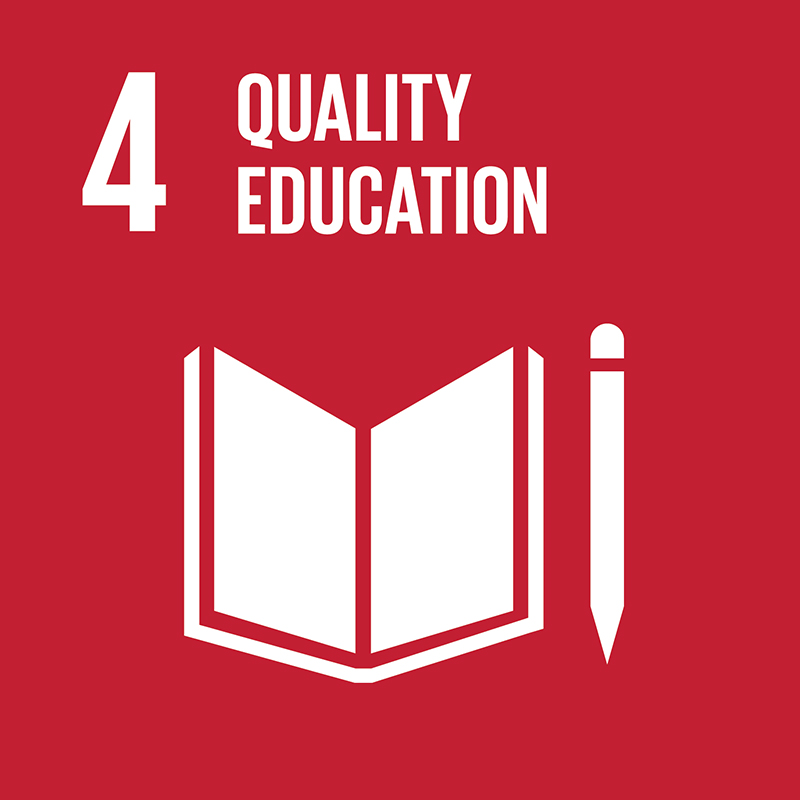4.3 Equal access to technical/vocational and higher education

The Council of Europe contributes to SDG 4.3 through its extensive work in the field of Higher Education. The Council of Europe believes that an educated citizenry is a major pillar of democratic security and that it is important, therefore, that no group of people is excluded from access to higher education. ‘Access’ in particular refers to "the increase and widening of participation rates, retention rates and inter-institutional transfers in institutions of higher education, particularly for persons belonging to under-represented groups”.
It has further contributed to this goal through its work on the foreign recognition of qualifications, particularly for disadvantaged groups, which led to the Lisbon Recognition Convention and other standards in this area. A variety of capacity building activities have been organised through the Joint EU-CoE programme to develop higher education and qualification standards in Council of Europe non-EU member States and assist with the implementation of the Bologna Process which aims at increasing compatibility between education systems to make it easier for students and job seekers to move within Europe. Another Joint EU-CoE capacity building programme focuses on strengthening integrity and combatting corruption in higher education using preventive mechanisms based on Council of Europe standards and practices.



